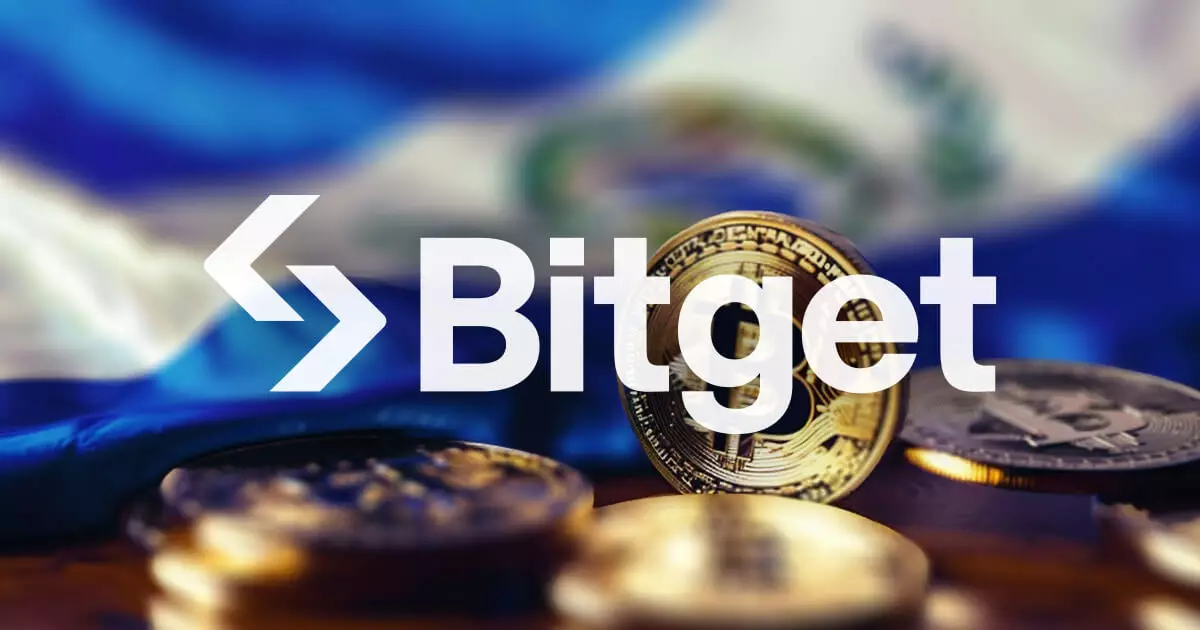In a significant advancement for cryptocurrency exchanges in Central America, El Salvador’s Central Reserve Bank has issued a Bitcoin Service Provider (BSP) license to Bitget, as outlined in a statement released on December 16. This license authorizes the exchange to engage in various Bitcoin-related activities, including the conversion of Bitcoin to fiat, processing payments, and managing Bitcoin custody in a secure environment. The approval reflects El Salvador’s ongoing commitment to Bitcoin as a legitimate component of its economic framework, marking a deliberate shift towards embracing digital currencies.
Beyond the BSP license, Bitget has aspirations to obtain a Digital Assets Service Provider (DASP) license from the National Commission of Digital Assets in El Salvador. Securing this additional license would empower Bitget to extend its offerings to a wider range of cryptocurrencies, effectively diversifying its services. This strategic move is indicative of a broader trend within the cryptocurrency sector, where exchanges are increasingly looking to offer comprehensive financial services that go beyond just Bitcoin.
El Salvador’s pioneering embrace of Bitcoin positions it as a crucial gateway for innovation throughout Latin America. This region has been identified as a promising market for cryptocurrency adoption, presenting immense opportunities for both local and international exchanges. Bitget aims to capitalize on this potential by establishing a local team in El Salvador, enhancing their capabilities to better support users in the area. As highlighted by Min Lin, Chief Business Officer at Bitget, the firm perceives El Salvador as an essential player in unlocking cryptocurrency’s transformative potential, ultimately promoting financial inclusion across diverse demographics.
The backdrop of Bitget’s licensing comes amidst a notable upswing in the value of El Salvador’s Bitcoin reserves. On December 16, President Nayib Bukele disclosed via social media that the nation’s Bitcoin investments have yielded an unrealized profit of around $362 million, following an investment of approximately $270 million. With the country’s holdings of 6,188 Bitcoin currently valued at over $632 million, this financial narrative supports El Salvador’s pro-Bitcoin policies. However, such gains come with their own set of challenges, notably increased scrutiny from international entities regarding the nation’s crypto-centric economic strategies.
In light of its bold Bitcoin policy, El Salvador finds itself in negotiations for a substantial $1.3 billion loan from the International Monetary Fund (IMF). This engagement could lead to significant changes in the country’s regulatory approach towards Bitcoin and its associated laws, as suggestions from the IMF may prompt a reevaluation of El Salvador’s current practices. The outcome of these discussions could reshape the future of Bitcoin in El Salvador, affecting both domestic users and international perceptions of the country’s cryptocurrency initiatives.
Overall, Bitget’s expansion into El Salvador represents not just a business opportunity but also reflects the evolving landscape of cryptocurrency in a region increasingly focused on financial innovation. As the situation unfolds, both the exchange and the nation will be closely watched by stakeholders in the global blockchain community.

